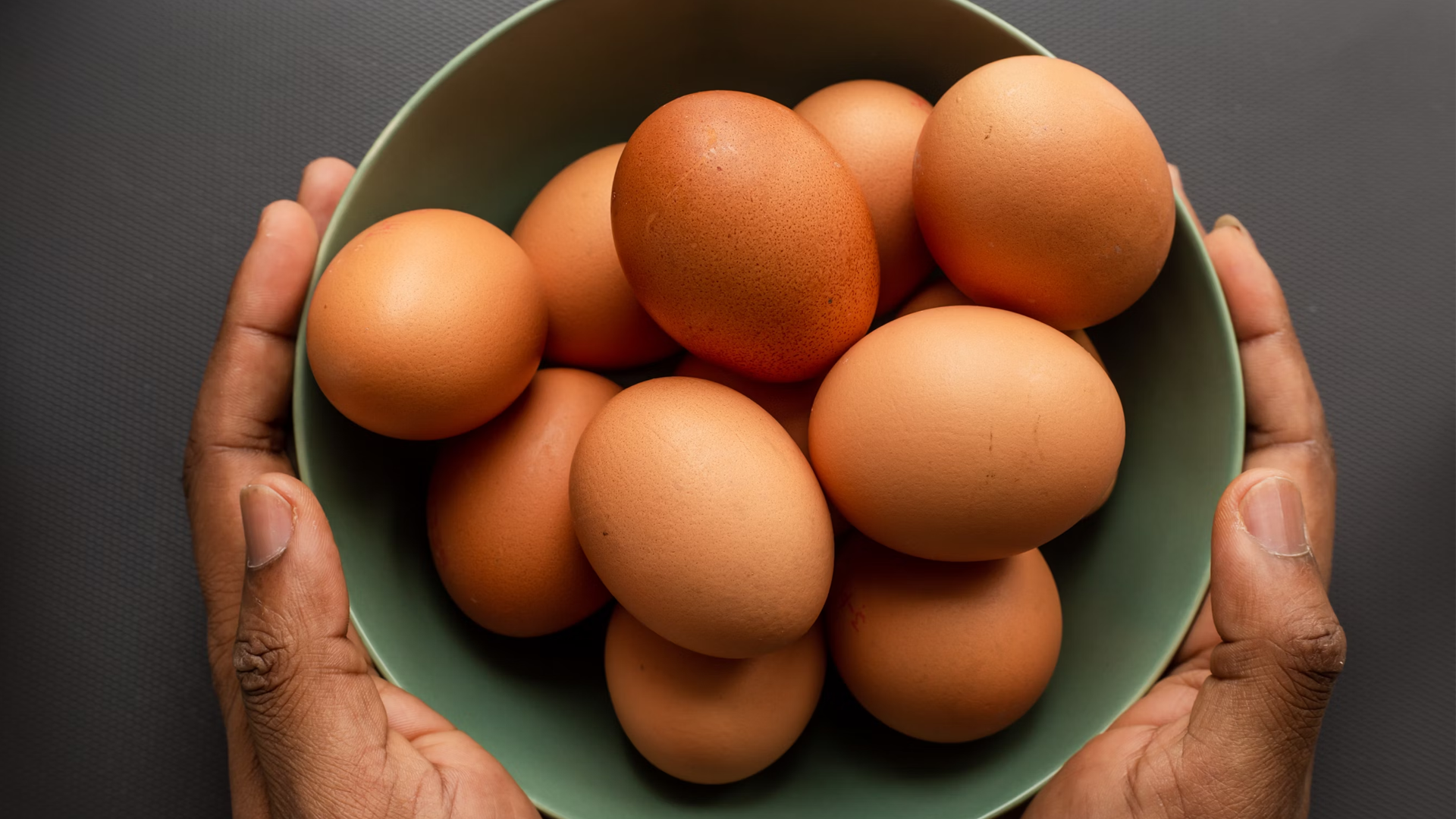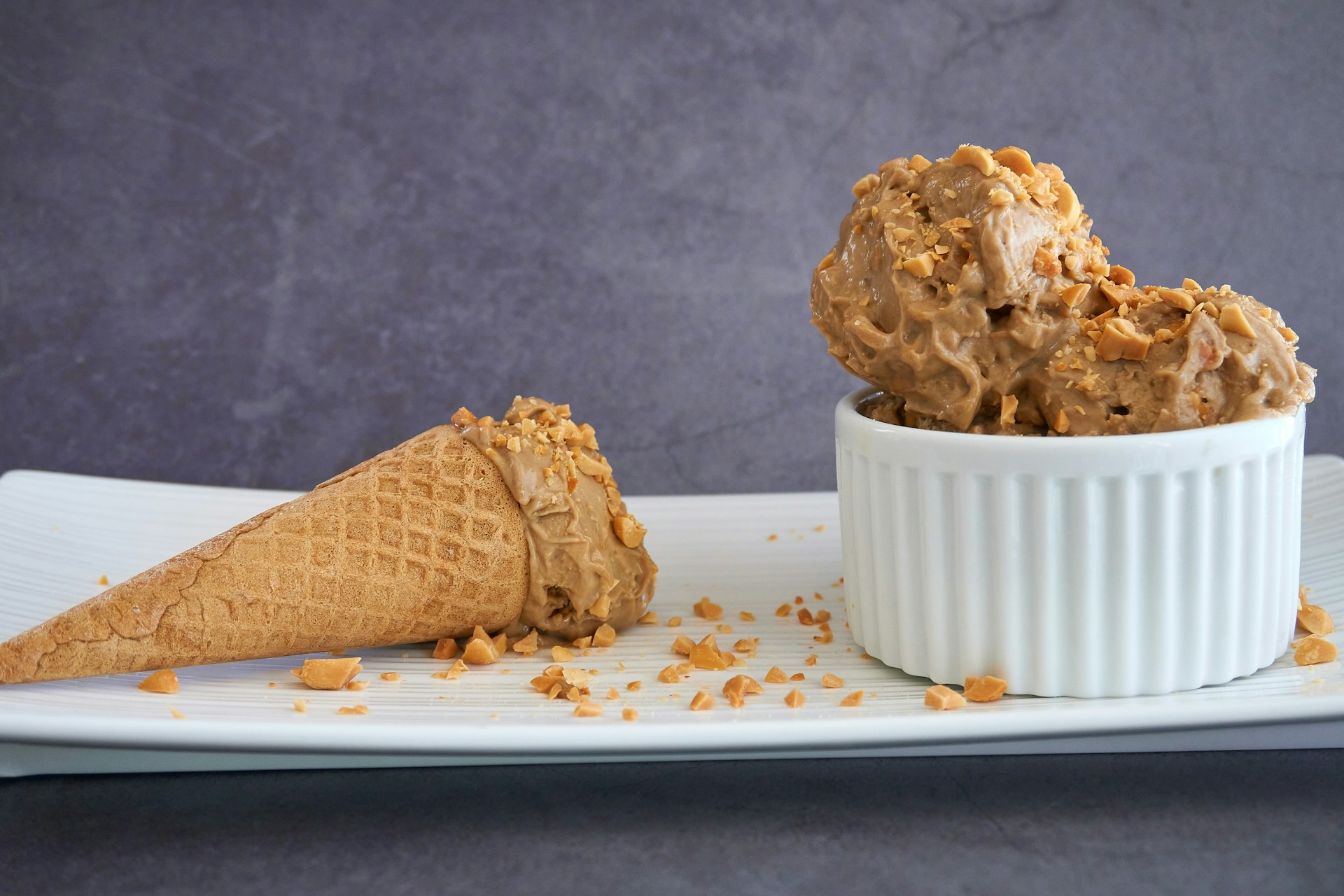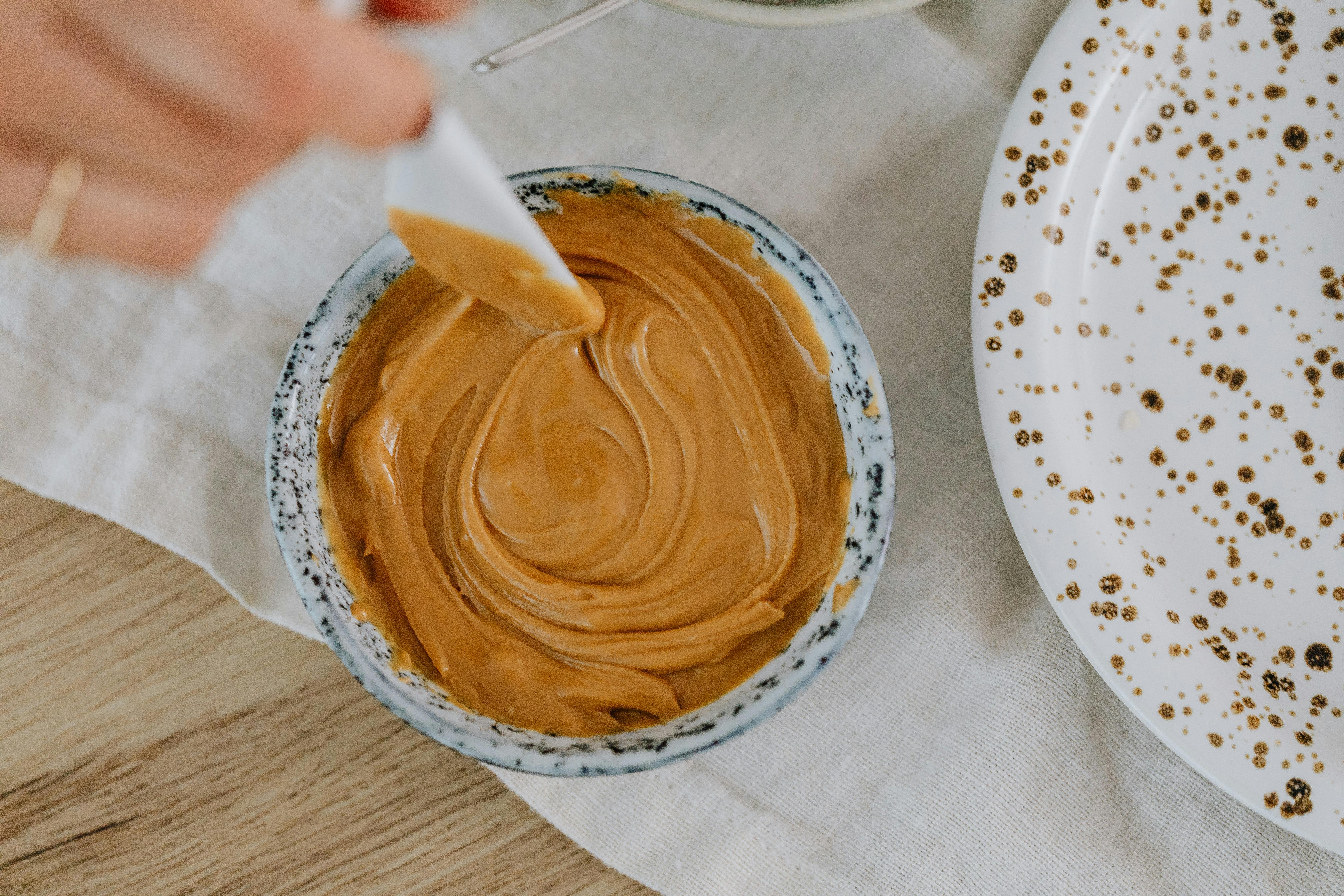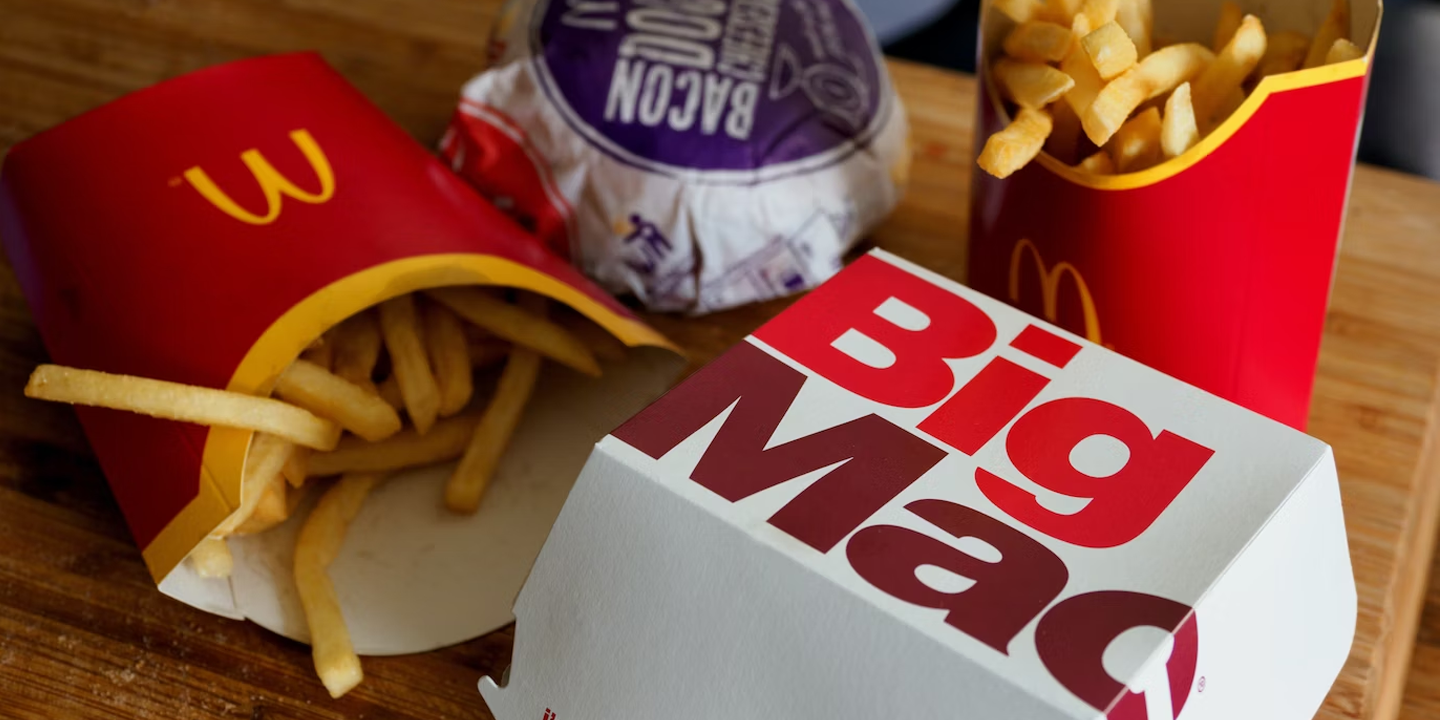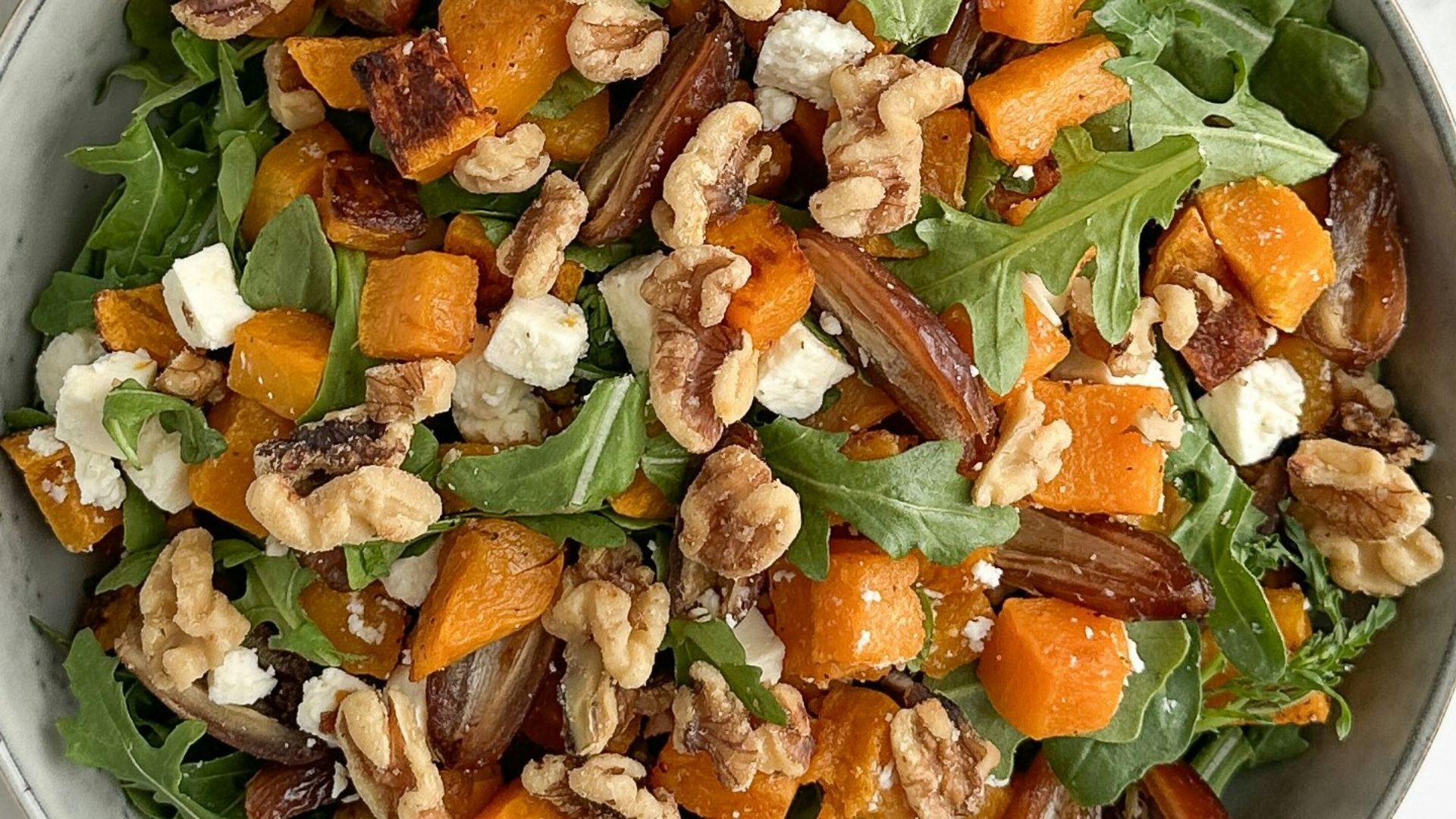A good smoothie is a work of art! It takes time to figure out the best ingredients and measure an appropriate amount of protein—but the result is often a delicious beverage loaded with nutrients. That said, certain ingredients just don’t belong in the blender and we’re here to break down which should stay in the pantry and which need to be in your smoothies.
1. Raw Eggs
Eggs are an amazing source of protein and nutrients, but eating them raw prevents you from retaining all that good stuff. Avoid putting raw eggs in your smoothie to ensure you get all the nutrition and don’t run the risk of salmonella.
2. Table Sugar
The point of a smoothie is to bring together nutritious ingredients for a protein-packed indulgence—table sugar can quickly negate that. Sugar in a smoothie has the same detriments as sugar in sweets, so keep it out of your blender.
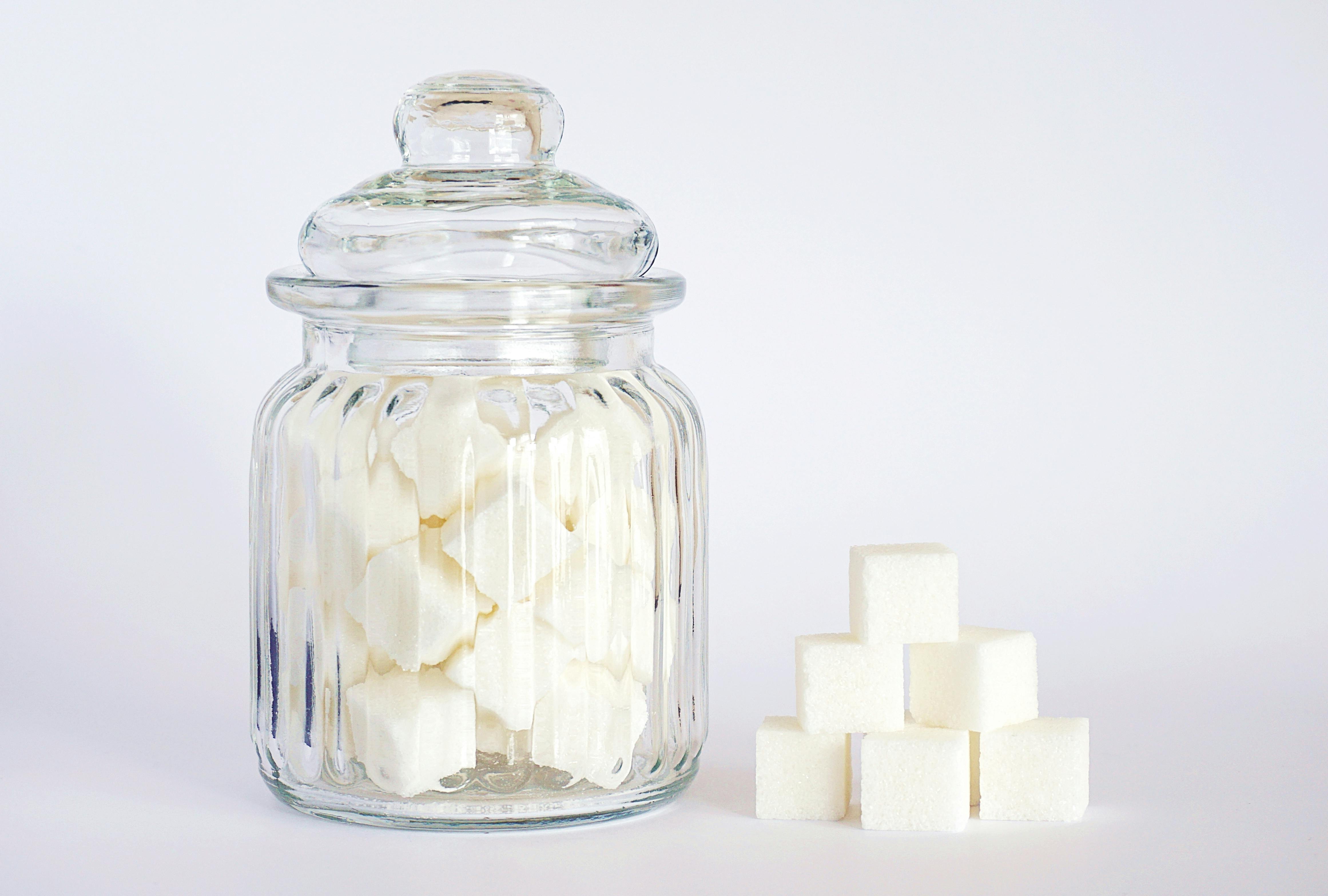 Photo by Suzy Hazelwood on Pexels
Photo by Suzy Hazelwood on Pexels
3. Whole Milk
With so many alternatives available, whole milk doesn’t need to go in your smoothie. Not only does it have more calories and fat than the skim stuff, but it also has high lactose and can wreak havoc on your system if you’re lactose intolerant.
4. Beets
While we’d love the beautiful color of beets, not every blender can handle them. Some can only mash beets into a pulpy mess, which ruins a smoothie’s consistency. Go for it if you have a high-powered blender at home, but otherwise, you should probably skip this.
 Photo by Emma-Jane Hobden on Unsplash
Photo by Emma-Jane Hobden on Unsplash
5. Celery
Celery is a low-calorie food packed with vitamins and calcium, so why not toss them in your smoothie? The issue is that they, too, fall victim to weaker blenders and may not break down well enough for an enjoyable smoothie. In some cases, you're left with stringy celery pieces that ruin the whole experience.
 Photo by Karolina Grabowska on Pexels
Photo by Karolina Grabowska on Pexels
6. Flavored Yogurt
Yogurt is a go-to, but no smoothie benefits from the flavored kind. It’s often loaded with added sugar, so steer clear if you’re watching your intake—plenty of natural sweeteners cater to your sweet tooth without all the bad stuff.
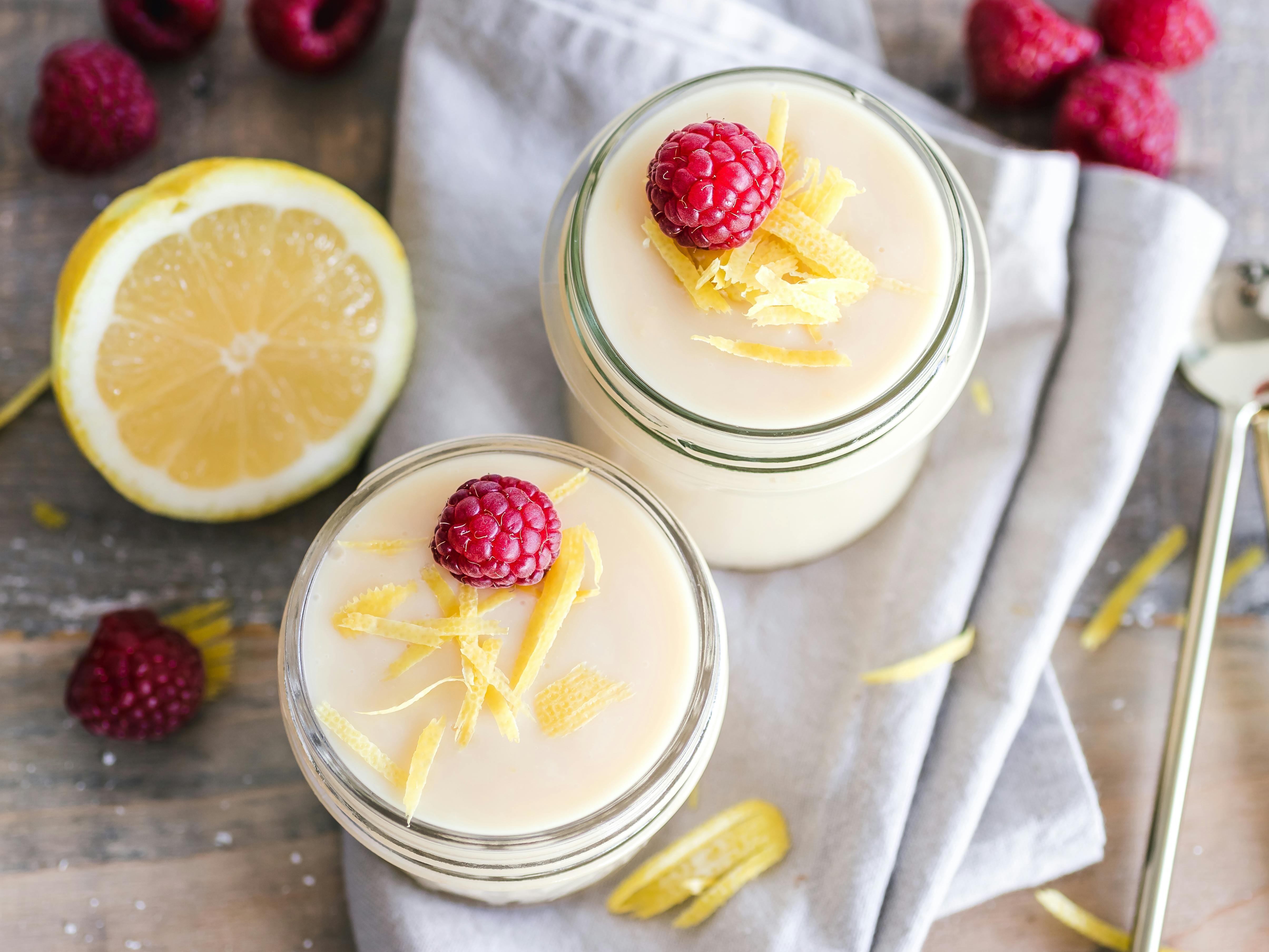 Photo by Ella Olsson on Pexels
Photo by Ella Olsson on Pexels
7. Canned Fruit
Canned fruit seems like a good idea on paper, but in theory, it’s fruit slices floating in heavy syrup. That syrup is responsible for all kinds of unnecessary sugar and calories, both of which can spike blood sugar and negate a smoothie’s health benefits.
8. Artificial Sweeteners
Artificial sweeteners aren’t always what they’re cracked up to be—though they seem like a good alternative to table sugar, they can still lead to weight gain and stomach upset. Opt for natural sweeteners instead.
 Photo by mali maeder on Pexels
Photo by mali maeder on Pexels
9. Ice Cream
If you’re itching for a milkshake, who are we to stop you? However, it’s best to call a spade a spade in that case! Adding ice cream to your smoothie indeed converts it into a dessert, and no amount of kale can fix that.
10. Ice
There’s nothing inherently wrong with tossing ice cubes into your smoothie, but they tend to weaken the flavor. You can always buy frozen fruit if you want a colder result—you don’t quite get the same nutrients as you would with fresh produce, but you also won’t have a watered-down smoothie either.
Now let’s dive into some of the best smoothie ingredients.
1. Spinach
Spinach is packed with vitamins, iron, and antioxidants, making it one of the safest smoothie additions. It doesn’t have an overwhelming taste and won’t cause any damage to your blender, so be sure to include it next time.
 Photo by Louis Hansel on Unsplash
Photo by Louis Hansel on Unsplash
2. Bananas
This classic fruit is a terrific natural sweetener that not only provides a creamy texture but also comes filled with fiber and potassium. Keep in mind that if you’re looking to boost your flavonol intake, you may not want to include bananas in your berry smoothies.
 Photo by Deon Black on Unsplash
Photo by Deon Black on Unsplash
3. Milk Alternatives
Coconut, soy, and almond milk are just a few alternatives to regular milk—try any of them if you struggle with lactose intolerance or want to keep calories down. These alternatives are also often packed with nutrients that make for healthy smoothie additions.
 Photo by Anita Jankovic on Unsplash
Photo by Anita Jankovic on Unsplash
4. Avocado
You can’t get much better than a superfood in your smoothie. Avocado is packed with fiber and healthy fats that keep you fuller longer, promote heart health, and support gut health. It’s also versatile, too, because it adds a creamy texture without overpowering other flavors.
 Photo by Louis Hansel on Unsplash
Photo by Louis Hansel on Unsplash
5. Berries
Strawberries, blueberries, and raspberries are rich in all kinds of goodies like vitamins, antioxidants, and fiber. They’re low-calorie and great for heart health as well—just remember that weaker blenders may not blend all berries properly, and some might leave those pesky seeds behind.
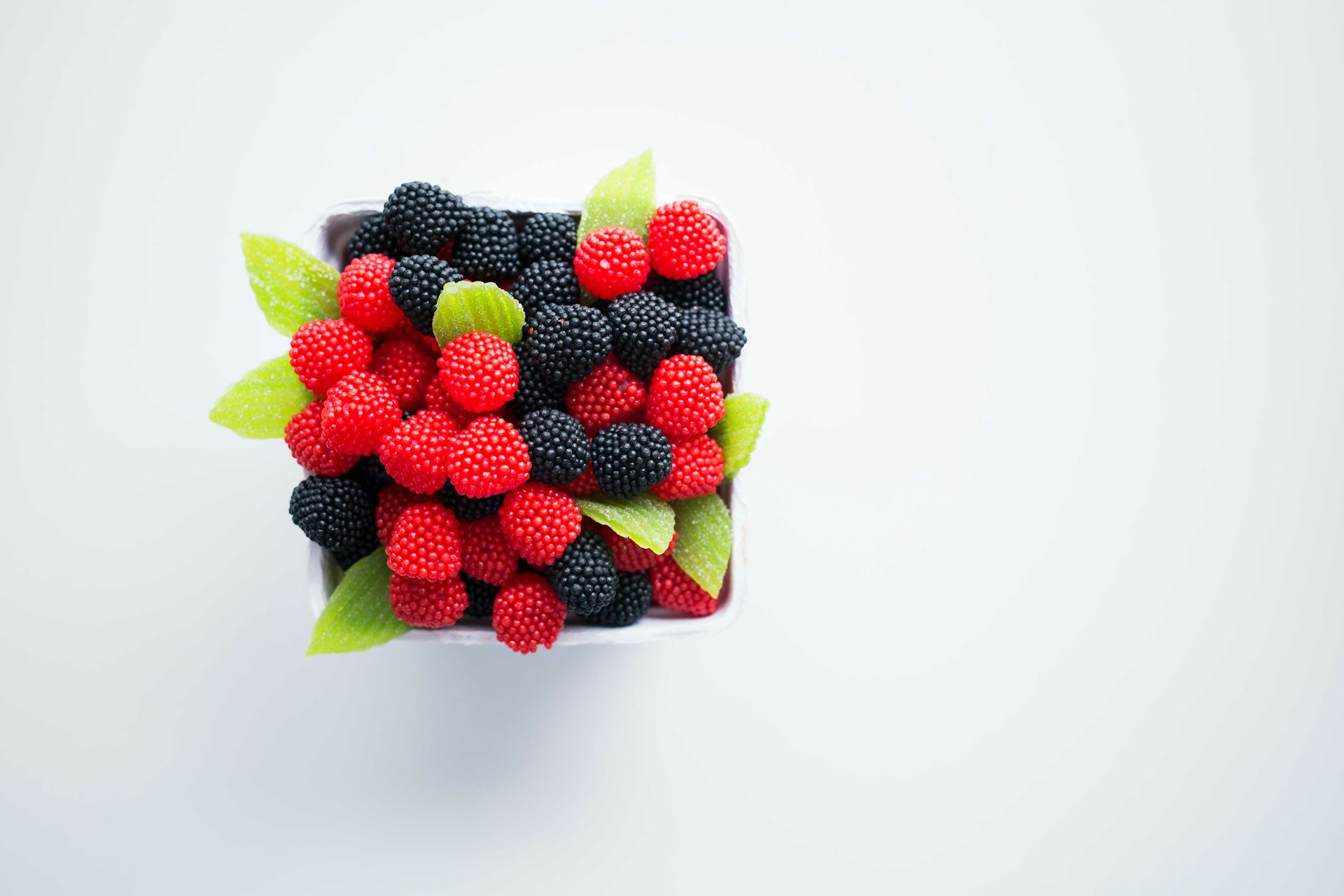 Photo by Brooke Lark on Unsplash
Photo by Brooke Lark on Unsplash
6. Chia Seeds
Chia seeds are a simple addition that thickens smoothies thanks to their gel-like consistency. But more than the upgraded texture, they’re also a powerhouse ingredient full of omega-3 fatty acids, fiber, and protein, making them one of the healthiest things to toss in your blender.
 Photo by Ash Edmonds on Unsplash
Photo by Ash Edmonds on Unsplash
7. Honey
If you need a natural sweetener that boosts energy and has antioxidant properties, look no further than honey. It’s low-calorie and you only need a few spoonfuls to enhance your smoothie’s flavor.
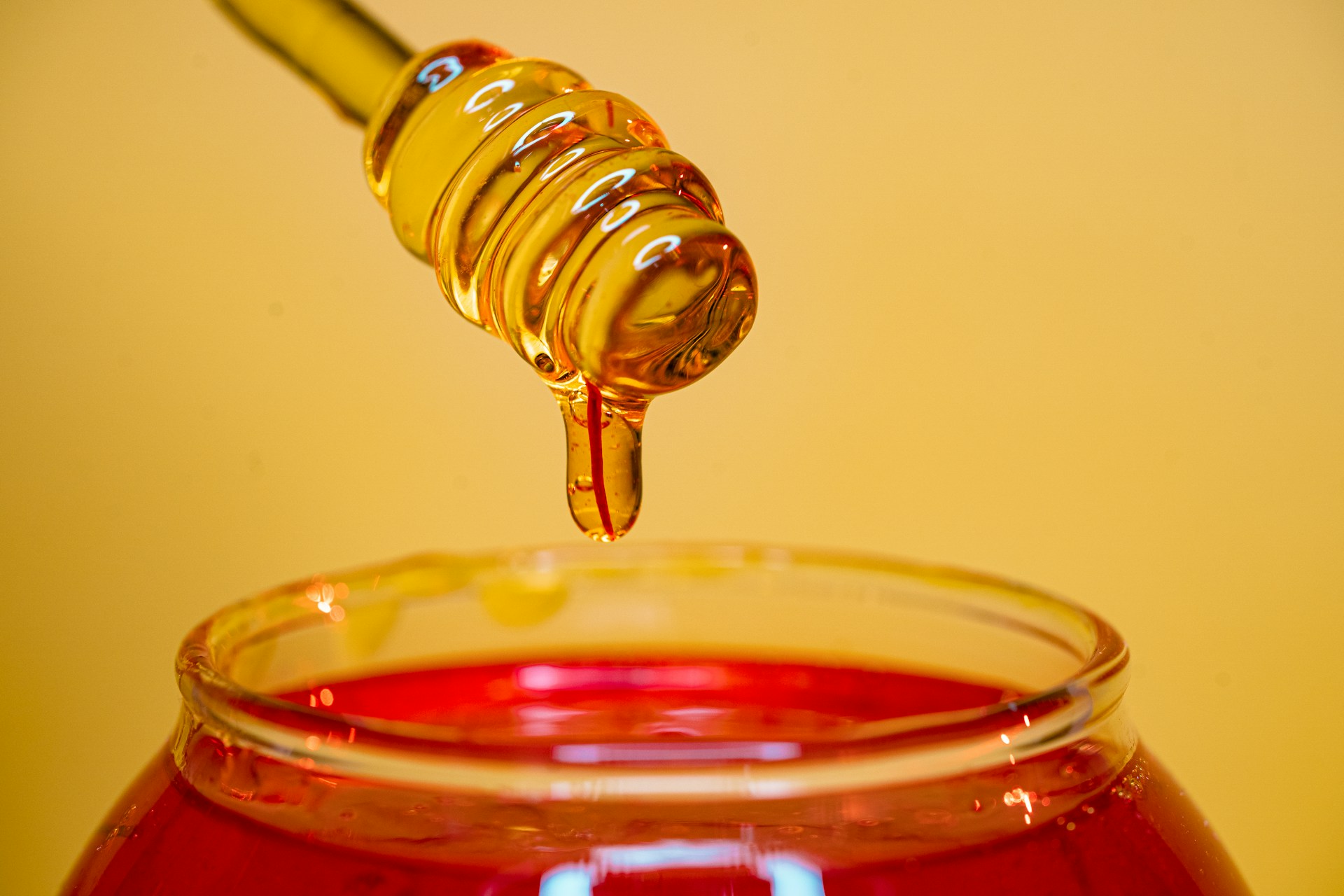 Photo by Benyamin Bohlouli on Unsplash
Photo by Benyamin Bohlouli on Unsplash
8. Protein Powder
One or two scoops of protein powder are all you need for an easy, healthy smoothie that keeps you full and supports overall health. So long as you avoid adding too much (unless you want a chalky result), protein powder is a smoothie staple.
 Photo by Kelly Sikkema on Unsplash
Photo by Kelly Sikkema on Unsplash
9. Carrots
Blend carrots for a healthy dose of vitamins and a welcomed boost to eyesight! They won’t overpower other flavors either and blend nicely with common fruit, making them versatile and delicious.
 Photo by Jonathan Pielmayer on Unsplash
Photo by Jonathan Pielmayer on Unsplash
10. Butters
Don’t shy away from peanut or almond butter in your smoothies—they’re filled with protein, which keeps you fuller longer and pairs notoriously well with fruit you’re probably already adding! They also have vitamins and healthy fats.
KEEP ON READING

20 Tasty Post-Holiday Detox Recipes



